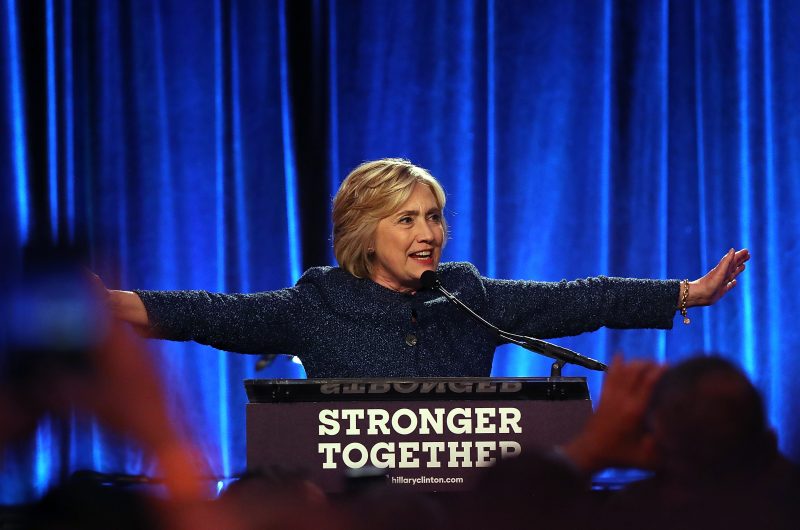
Hillary Clinton’s Bold Bet: Harris Ready to Defy Political Sexism and Triumph Over Trump
Hillary Clinton’s recent endorsement of Kamala Harris as a formidable candidate against President Trump in the upcoming election illuminates the ongoing issue of sexism in politics. While Harris has been making strides in her political career, the barriers she faces as a woman in a male-dominated field are significant.
Historically, women in politics have had to navigate a narrow path filled with obstacles that their male counterparts do not encounter. Sexism, both overt and subtle, has long been a pervasive force in hindering the progress of women in leadership roles. Despite advancements in gender equality, the political arena remains a challenging environment for women seeking to wield power and influence.
The road to the presidency, in particular, has been a challenging one for women. The United States has yet to elect a female president, despite the increasing presence of women in political leadership roles. Kamala Harris’ bid for the presidency represents a significant milestone in this ongoing struggle for gender equality in politics.
Hillary Clinton’s endorsement of Harris sends a powerful message about the importance of supporting and uplifting women in politics. As one of the most prominent female political figures in recent history, Clinton’s endorsement carries weight and significance. By endorsing Harris, Clinton is not only throwing her support behind a fellow woman in politics but also challenging the status quo that has long marginalized women in leadership positions.
The intersectionality of sexism and racism further complicates the challenges that women of color, like Harris, face in politics. The double burden of discrimination based on both gender and race adds layers of complexity to the obstacles these women must overcome in their pursuit of political power.
Despite these challenges, the rise of women like Harris in politics is a testament to the resilience and determination of women to break through barriers and shatter glass ceilings. Harris’ candidacy, endorsed by a trailblazer like Clinton, symbolizes a significant step forward in the ongoing fight for gender equality in politics.
As the 2020 election draws near, the spotlight on Harris and other female political candidates will only intensify. The barriers of sexism and gender bias that these women face will continue to be a central theme in the political discourse, underscoring the need for progress towards a more inclusive and equitable political landscape.
In conclusion, Hillary Clinton’s endorsement of Kamala Harris represents a pivotal moment in the ongoing struggle against sexism in politics. By throwing her support behind Harris, Clinton is not only endorsing a fellow woman in politics but also challenging the systemic barriers that have long hindered women’s progress in leadership roles. As the fight for gender equality in politics continues, the rise of women like Harris serves as a beacon of hope and a reminder of the resilience and determination of women in the face of adversity.
